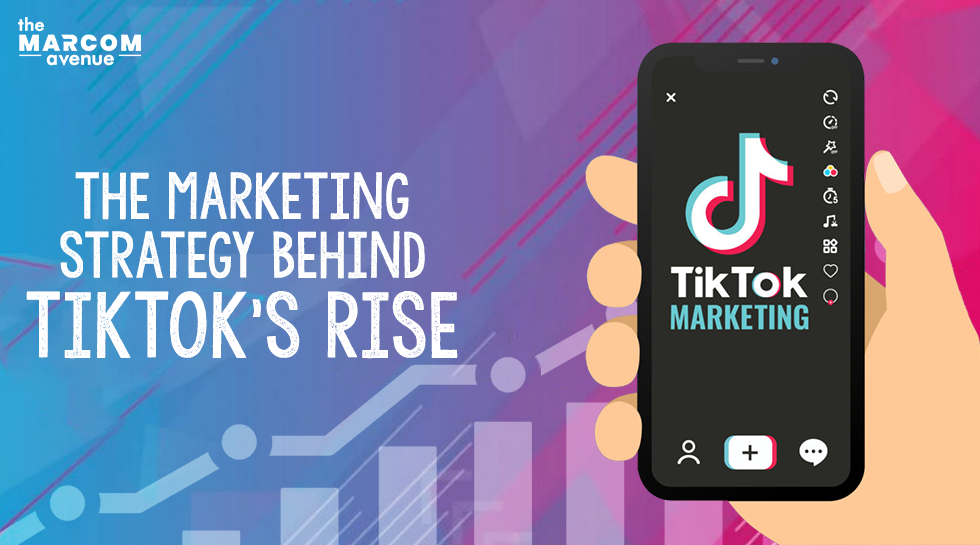 How to do keyword research?
How to do keyword research?
 How to Create an SEO Friendly Website
How to Create an SEO Friendly Website
 Top Digital Marketing Company in Delhi NCR
Top Digital Marketing Company in Delhi NCR
 How To Create Effective Social Media Posts
How To Create Effective Social Media Posts
 How to Create a Successful Business Website
How to Create a Successful Business Website
 Adani Green Energy Powers Ahead: Record Growth, Renewable Milestones, and Bold Ambitions for 2030
Adani Green Energy Powers Ahead: Record Growth, Renewable Milestones, and Bold Ambitions for 2030
 NIKE- The Art of Inspiration and Innovation
NIKE- The Art of Inspiration and Innovation
 Elevating Brands through Thoughtful Connection: The Power of Personalization in Marketing
Elevating Brands through Thoughtful Connection: The Power of Personalization in Marketing
 The Marketing Strategy Behind TikTok’s Rise
The Marketing Strategy Behind TikTok’s Rise
 7 AI Marketing Trends Set to Redefine 2024
7 AI Marketing Trends Set to Redefine 2024